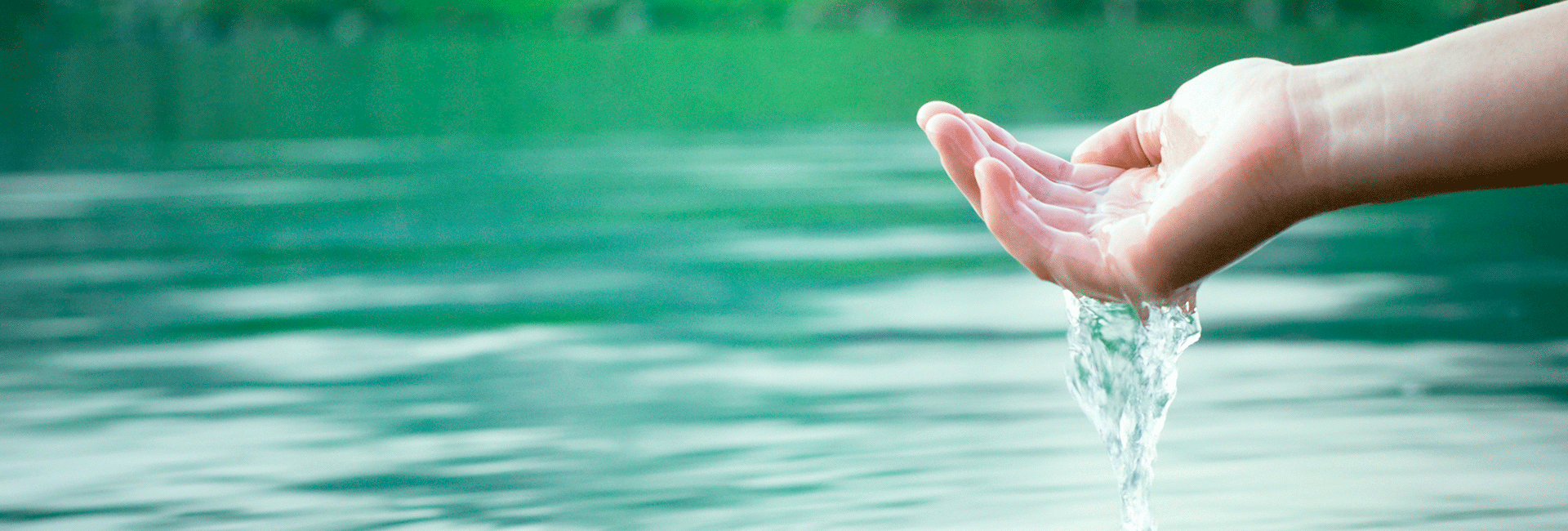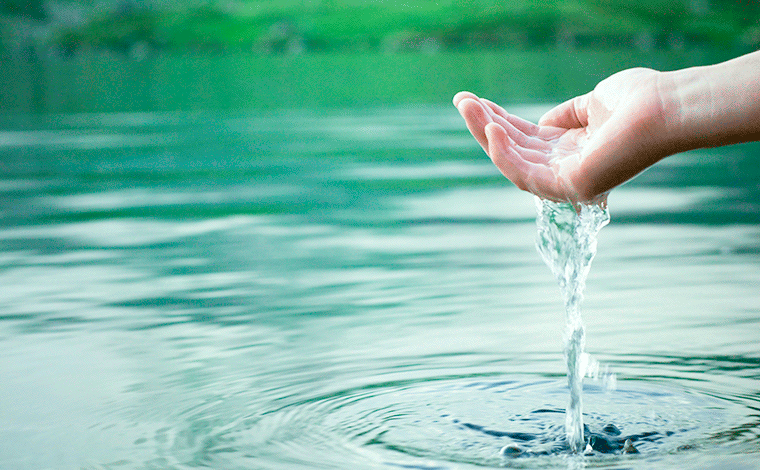


PETROPERÚ recognizes the importance of proper water management; in particular, its proper and rational use, as well as its controlled extraction from surface and underground sources destined for the company’s operating processes.
For this reason, operations located in areas of water stress, or those regions where the availability of water does not satisfy the demands of users at an industrial, agricultural and domestic level, capture the required water from the sea. With this, we avoid compromising the availability of groundwater and surface water that is used by the population for its consumption, in addition to other uses. As a result, in 2020, 53.48% of the water we use was extracted from the sea and treated at the Agua de Mar Desalination Facility (IDAM), which is located within the Talara Refinery. This plant is operated by the ACCIONA Agua Company.
On the other hand, 7.18% of the water used comes from surface sources such as rivers, 25.31% from lagoons and 28.85% comes from groundwater.
Responsible management of water resources is essential to guarantee the protection and conservation of the environment, that is why it is an important challenge to take care of water, with adequate management to ensure the continuity of our operations, guaranteeing the quality of this liquid element.
We continuously monitor the surface and groundwater resources present in the areas where we operate. Likewise, water management is evaluated through indicators on: water consumption differentiated by water sources (potable, industrial, surface and underground) per thousands of barrels operated.
These initiatives make it possible to preserve the quality and availability of water resources, minimizing any potential impact on the source of these resources.
Finally, one of PETROPERÚ‘s objectives is to obtain the BLUE CERTIFICATE, which will allow us to demonstrate the measurement of our water footprint, a project in which we are currently working.